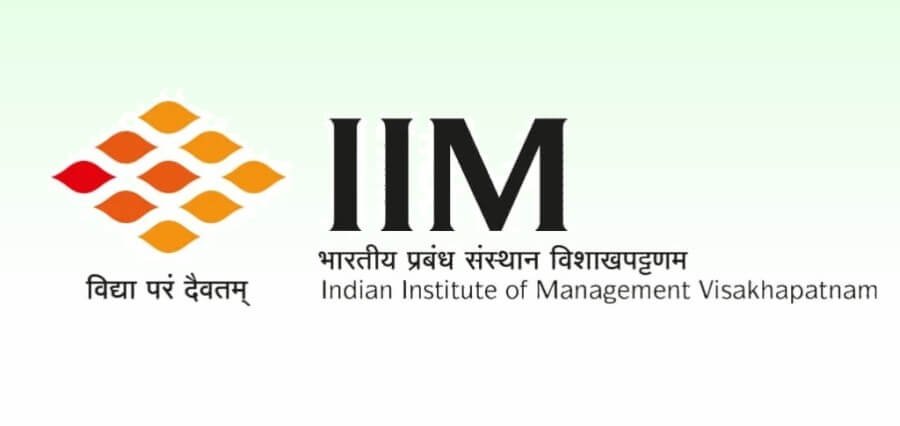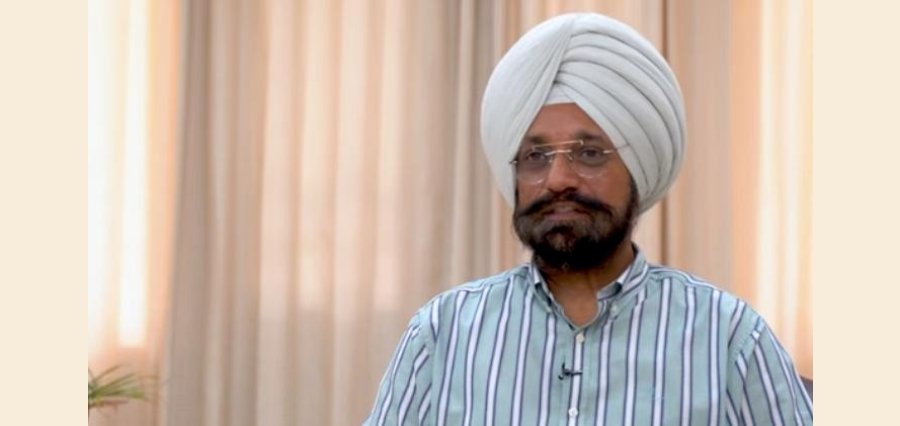To harmonize assessment and evaluation practices with the National Education Policy (NEP) 2020, the Central Board of Secondary Education (CBSE) has revised the assessment and evaluation pattern for classes XI and XII, effective from the academic year 2024-25. The alterations aim to prioritize competency-focused questions in theory examinations.
According to a circular dated April 3 issued by CBSE, there has been a reduction in the weightage of constructed response questions (including short answer and long answer type questions) from 40 percent to 30 percent in the theory examination.
These changes are implemented to align assessment and evaluation practices with NEP 2020 for the academic session 2024-25. In the upcoming academic year, significant modifications will be made in the composition of question papers for year-end examinations in classes XI and XII.
Competency-focused questions, such as Multiple Choice Questions (MCQs), case-based questions, source-based integrated questions, or similar formats, will now carry a weightage of 50 percent, compared to the previous 40 percent. CBSE emphasizes that these questions assess the application of concepts in real-life scenarios.
Selective-type questions, especially MCQs, will maintain their 20 percent weightage. However, there will be a decrease in the weightage of constructed response questions, which previously constituted 40 percent but will now contribute only 30 percent to the overall marks.
The composition of question papers for the year-end examination of board theory for classes IX and X will remain unchanged, as mentioned in the circular. CBSE highlights its commitment to competency-based examinations in schools, evident through various measures taken, including aligning competencies and developing exemplary resources for teachers and students.
The CBSE circular stated, “The main emphasis of the Board was to create an educational ecosystem that would move away from rote memorization and towards learning that is focused on developing the creative, critical and systems thinking capacities of students to meet the challenges of the 21st century.”





